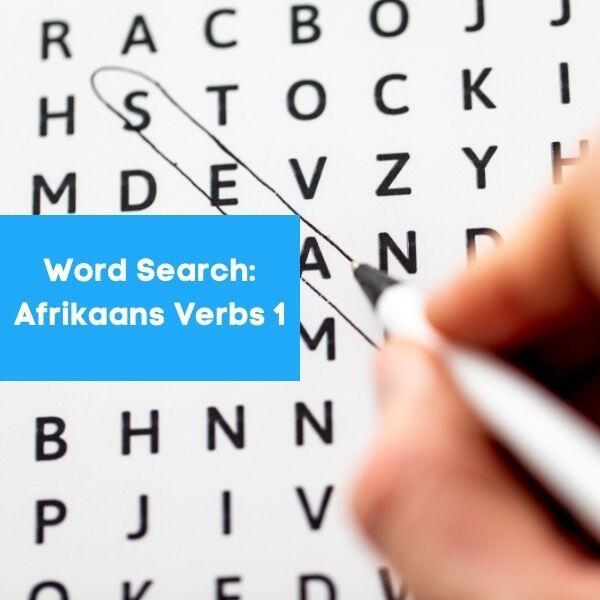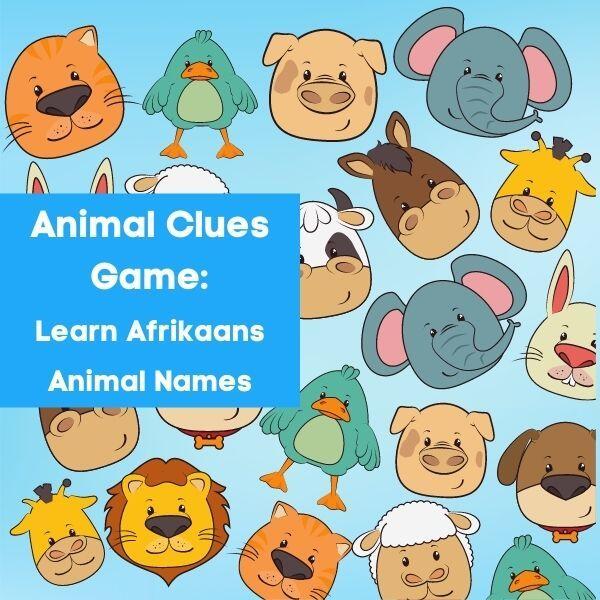Is Afrikaans A Dying Language?
There are a number of factors that can contribute to a language being considered dying, such as the number of speakers, the age of the speakers, the use of the language in daily life, and so on.
In the case of Afrikaans, due to the fact that there are over 15 million speakers, it is not currently considered a dying language. (Check out some of the countries where Afrikaans is spoken!)
What criteria need to be met for Afrikaans to be considered a dying language?
UNESCO sets out nine factors which they use to determine whether or not a language is endangered. These are:
- Intergenerational Language Transmission
- Absolute Number of Speakers
- Proportion of Speakers within the Total Population
- Shifts in Domains of Language Use
- Response to New Domains and Media
- Availability of Materials for Language Education and Literacy
- Governmental and Institutional Language Attitudes and Policies, Including Official Status and Use
- Community Members’ Attitudes towards Their Own Language
- Type and Quality of Documentation
On the face of it, none of these factors appear to apply to Afrikaans. This is because:
- The language continues to be widely-used (it’s the third most spoken language in the South Africa)
- There’s a thriving TV and movie industry that frequently releases Afrikaans-only entertainment (check out this post for a list of the best Afrikaans-language movies to stream on Netflix and Amazon)
- Afrikaans is still taught in schools across the country
- Even outside of the country, resources are readily available for learning the language
Could Afrikaans become an endangered language in the future?
Just because Afrikaans isn’t considered to be dying now, doesn’t mean it won’t be in the future. There are actually a number of factors that could contribute to Afrikaans becoming an endangered language. Some of these include:
The amount of native South African languages spoken as mother tongues
South Africa has 11 official languages. They are: Afrikaans, English, isiNdebele, isiXhosa, isiZulu, Sepedi, Sesotho, Setswana, siSwati, Tshivenda and Xitsonga. Most of the population (upwards of 75%), believe it or not, doesn’t speak Afrikaans as their first language at home.
This means that Afrikaans isn’t as widely accepted as it may seem. If three quarters of the population live their lives speaking other languages more frequently, there’s always the possibility that Afrikaans could eventually be displaced.
Attitudes towards Afrikaans
Unfortunately, there’s no denying that there is still a lot of tension surrounding the use of Afrikaans in South Africa. This is largely due to the fact that it was the language of the oppressor during apartheid.
For many black South Africans, Afrikaans is still seen as a symbol of oppression and racism. This means that even though Afrikaans is one of the country’s 11 official languages, there are still a lot of people who are not keen on using it.
This attitude could eventually lead to a decline in the use of Afrikaans, as people may be less likely to learn it or use it in their daily lives if they associate it with negative memories.
The rise of English
In recent years, there has been a significant rise in the number of people speaking English as a first language in South Africa. This is due to a number of factors, such as the increasing popularity of English-language entertainment and the fact that it is seen as a more global language than Afrikaans.
English is also considered a middle ground for many South Africans who don’t want to use Afrikaans yet still want to be connected to the global community. Unlike Afrikaans, English isn’t necessarily associated with negative connations for the native population.
This could eventually lead to a decline in the use of Afrikaans, as more and more people opt to use English instead.
Parents prefer their children to learn English
According to the article, South Africans prefer their children to be taught in English, a survey was conducted in 2016 that established that around 65% of parents wanted the “main language of instruction” in school to be carried out in English.
Furthermore, as we see in the case study, Parental perceptions: a case study of school choice amidst language waves, some schools that were former Afrikaans-only institutions, teach almost exclusively in English, which hints at the phasing out of Afrikaans across the country.
This trend could eventually lead to a decline in the use of Afrikaans, as more and more parents opt to have their children learn English instead.
Conclusion
So, is Afrikaans a dying language? While it doesn’t seem to be endangered at the moment, it’s definitely one to watch. Attitudes towards the language, the rise of English and the preferences of parents could all contribute to a decline in its use in the future.



